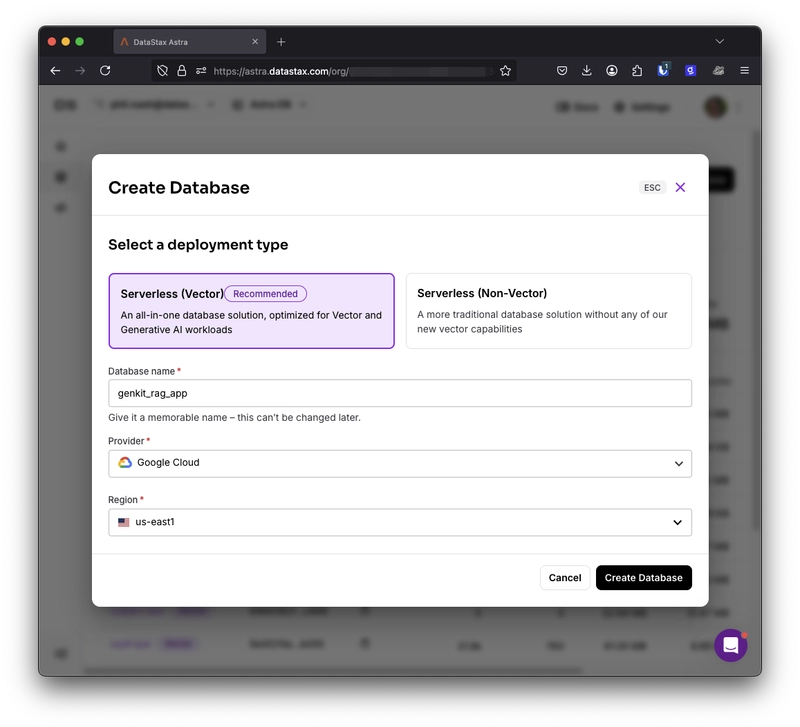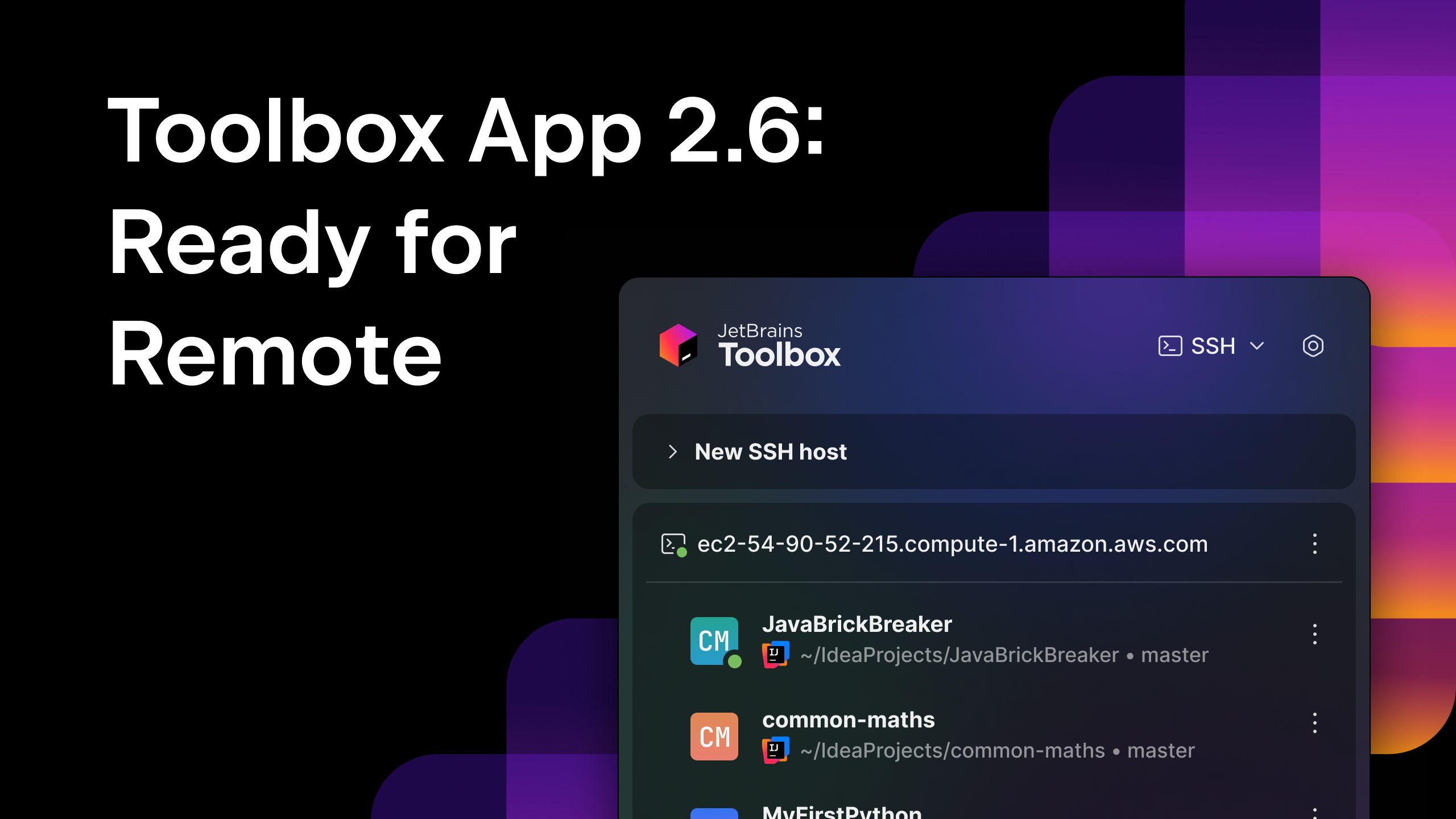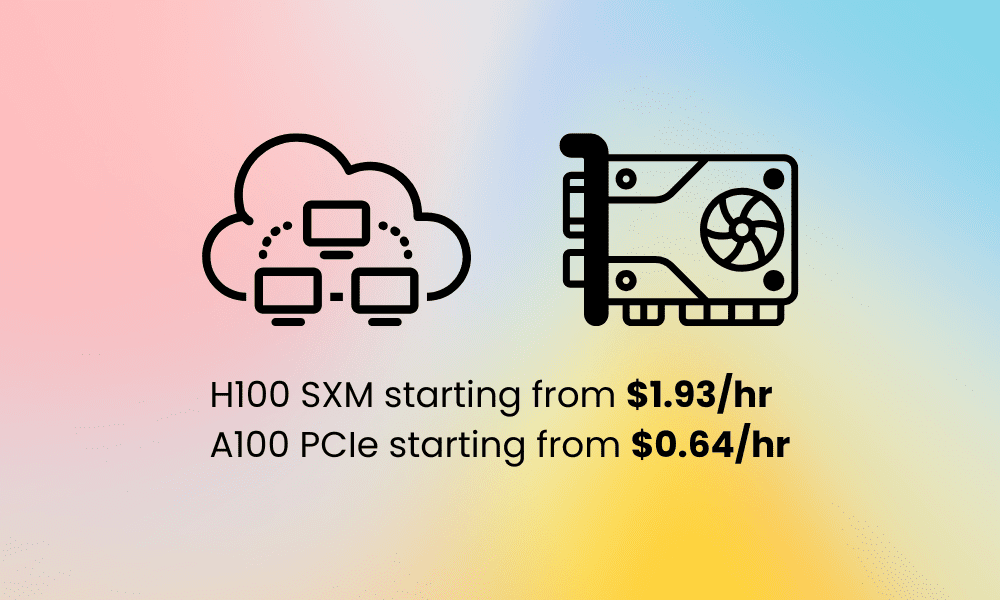Building Smarter Solutions with AI App Development Services
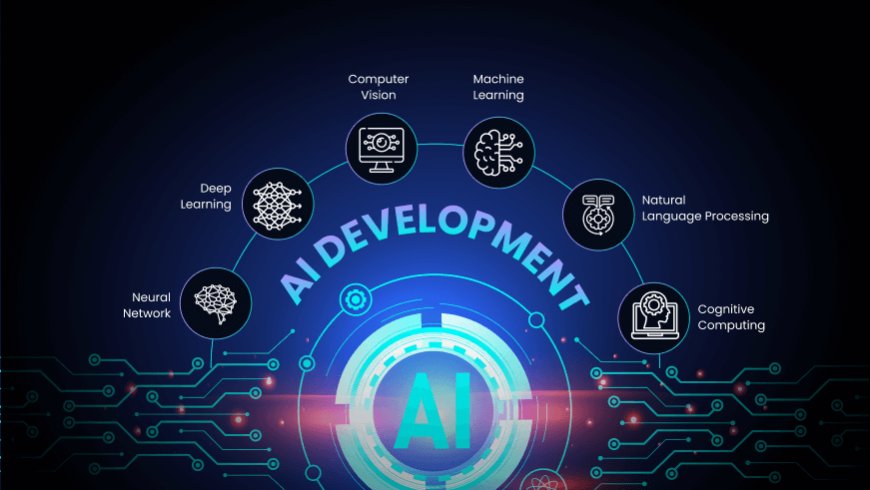
As businesses continue to adapt to a rapidly changing digital landscape, the need for smarter, more innovative solutions becomes even more pressing. Artificial intelligence (AI) has emerged as a powerful tool in app development, allowing businesses to create more efficient, intelligent, and user-centric applications. AI app development services are helping companies enhance their apps’ capabilities, making them smarter and more capable of addressing real-world challenges. In this blog, we will explore how AI app development services are being used to build smarter solutions and transform industries.
The Evolution of Smarter Solutions in App Development
Traditionally, mobile and web apps were designed to provide specific functionalities based on user inputs. However, as technology advances, apps are becoming more sophisticated, and businesses are demanding solutions that not only perform tasks but also learn, adapt, and improve over time. This is where AI comes into play.
AI-powered apps are capable of processing large amounts of data, identifying patterns, and making decisions in real time. These capabilities allow AI-powered apps to automate processes, optimize decision-making, and provide personalized experiences. AI technologies like machine learning, deep learning, and natural language processing (NLP) are enabling businesses to create apps that are not only functional but also intuitive, responsive, and capable of improving with every interaction.
How AI is Transforming App Functionality
One of the key ways AI is helping businesses build smarter solutions is by enhancing app functionality. AI-powered apps can analyze user data, predict outcomes, and offer personalized recommendations, making them more effective at meeting user needs.
For example, machine learning algorithms enable apps to continuously learn from user behavior, improving their predictions and recommendations. In the retail industry, for instance, e-commerce apps use AI to suggest products based on past purchases, browsing history, and user preferences. Similarly, streaming apps like Netflix or Spotify use AI to suggest content that aligns with a user’s tastes, increasing engagement and satisfaction.
AI is also improving the efficiency of business operations. In supply chain management, for instance, AI-powered apps can predict demand patterns, optimize delivery routes, and automate inventory management, helping businesses reduce costs and improve efficiency. In customer service, AI-driven chatbots can handle routine inquiries, allowing human agents to focus on more complex issues.
Personalized User Experiences with AI
Personalization has become a key differentiator for businesses, especially in customer-facing apps. AI is enabling businesses to create deeply personalized experiences that resonate with users, leading to higher engagement and satisfaction.
By analyzing user data, AI can offer tailored recommendations, content, and product suggestions. For example, fitness apps use AI to create customized workout plans based on user preferences and fitness goals. Similarly, travel apps can recommend destinations, accommodations, and activities based on past trips or user preferences. This level of personalization creates a more relevant and engaging experience for users, encouraging them to return to the app time and again.
Moreover, AI’s ability to understand natural language is enhancing personalization further. NLP allows chatbots and virtual assistants to interact with users in a more natural, human-like way, improving communication and offering a seamless user experience. These AI-powered assistants can help users navigate the app, answer questions, and provide assistance, making the app more intuitive and user-friendly.
Smarter Automation for Increased Efficiency
AI is not just about improving user experiences—it’s also about making business operations more efficient. AI-powered apps can automate a wide range of tasks, reducing the need for manual intervention and freeing up time for employees to focus on more strategic activities.
For instance, AI can automate repetitive tasks such as data entry, scheduling, and customer support. In the financial services sector, AI apps can automatically analyze financial data, detect fraud, and optimize investments. In healthcare, AI-driven apps can assist with patient monitoring, medication reminders, and appointment scheduling, ensuring that healthcare professionals can focus on providing high-quality care.
In supply chain management, AI can automate inventory tracking, optimize logistics, and predict future demand, helping businesses reduce waste and ensure that they have the right products at the right time. By streamlining operations and automating routine tasks, AI is enabling businesses to operate more efficiently and improve overall productivity.
Data-Driven Decision Making with AI
AI is also helping businesses make smarter decisions by providing data-driven insights. With the ability to process large volumes of data in real-time, AI-powered apps can offer valuable insights that would otherwise be difficult to uncover manually.
For example, in marketing, AI can analyze customer behavior, predict trends, and recommend marketing strategies that are likely to yield the best results. In finance, AI can analyze market data, predict stock movements, and provide investment recommendations. In healthcare, AI can assist doctors in diagnosing conditions by analyzing medical images, patient records, and other data to provide a more accurate and timely diagnosis.
AI’s ability to analyze and interpret data in real time allows businesses to make more informed decisions, react to market changes quickly, and optimize their strategies for better results. This data-driven approach is essential for staying competitive in today’s fast-paced business environment.
The Role of AI in Security and Risk Management
Security and risk management are top priorities for businesses across all industries, and AI is playing a critical role in enhancing these areas. AI-powered apps can monitor user behavior, detect anomalies, and identify potential security threats in real time.
For example, AI can be used in financial apps to detect fraudulent transactions by analyzing spending patterns and flagging unusual activities. In healthcare, AI can ensure that sensitive patient data is protected by detecting any unauthorized access attempts or data breaches. In e-commerce, AI can monitor customer interactions and identify potential security risks, such as account takeovers or phishing attempts.
By using AI to enhance security and manage risks, businesses can protect their data, prevent fraud, and ensure that their apps remain secure and trustworthy.
Conclusion
AI app development services are helping businesses build smarter, more efficient, and more personalized solutions that meet the evolving needs of today’s digital world. From enhancing app functionality and automating tasks to providing personalized user experiences and enabling data-driven decision-making, AI is transforming how businesses approach app development. As AI technology continues to advance, the possibilities for creating smarter solutions are limitless. Businesses that embrace AI in their app development processes will be better equipped to meet the demands of their users and stay ahead of the competition. Investing in AI App Development Services is an essential step for businesses looking to build innovative solutions that drive success in the modern digital landscape.



































































![Apple to Split Enterprise and Western Europe Roles as VP Exits [Report]](https://www.iclarified.com/images/news/97032/97032/97032-640.jpg)
![Nanoleaf Announces New Pegboard Desk Dock With Dual-Sided Lighting [Video]](https://www.iclarified.com/images/news/97030/97030/97030-640.jpg)
![Apple's Foldable iPhone May Cost Between $2100 and $2300 [Rumor]](https://www.iclarified.com/images/news/97028/97028/97028-640.jpg)

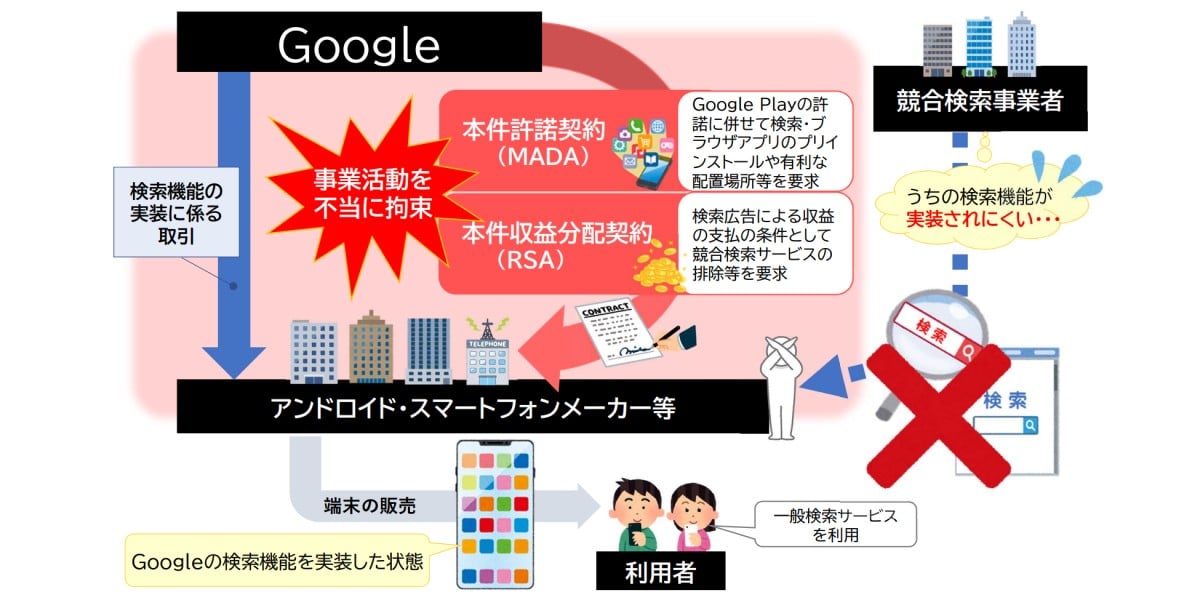








































































































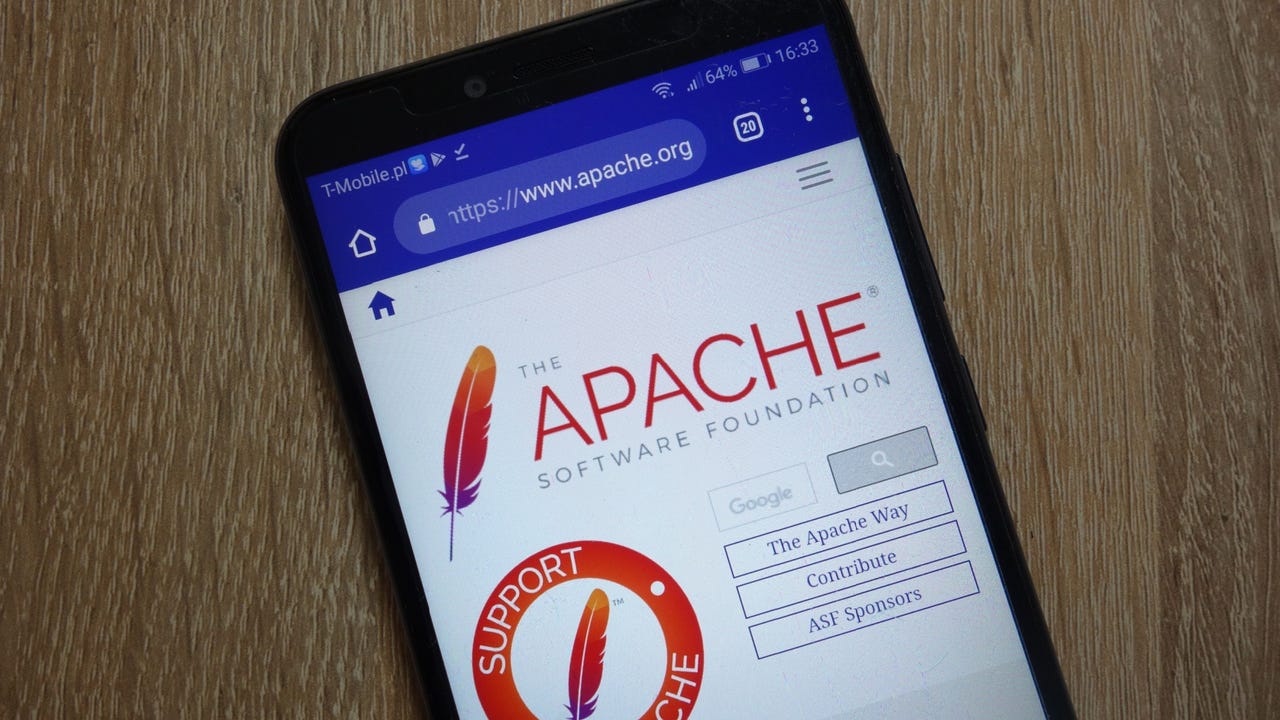

















































































![[The AI Show Episode 144]: ChatGPT’s New Memory, Shopify CEO’s Leaked “AI First” Memo, Google Cloud Next Releases, o3 and o4-mini Coming Soon & Llama 4’s Rocky Launch](https://www.marketingaiinstitute.com/hubfs/ep%20144%20cover.png)



























































































